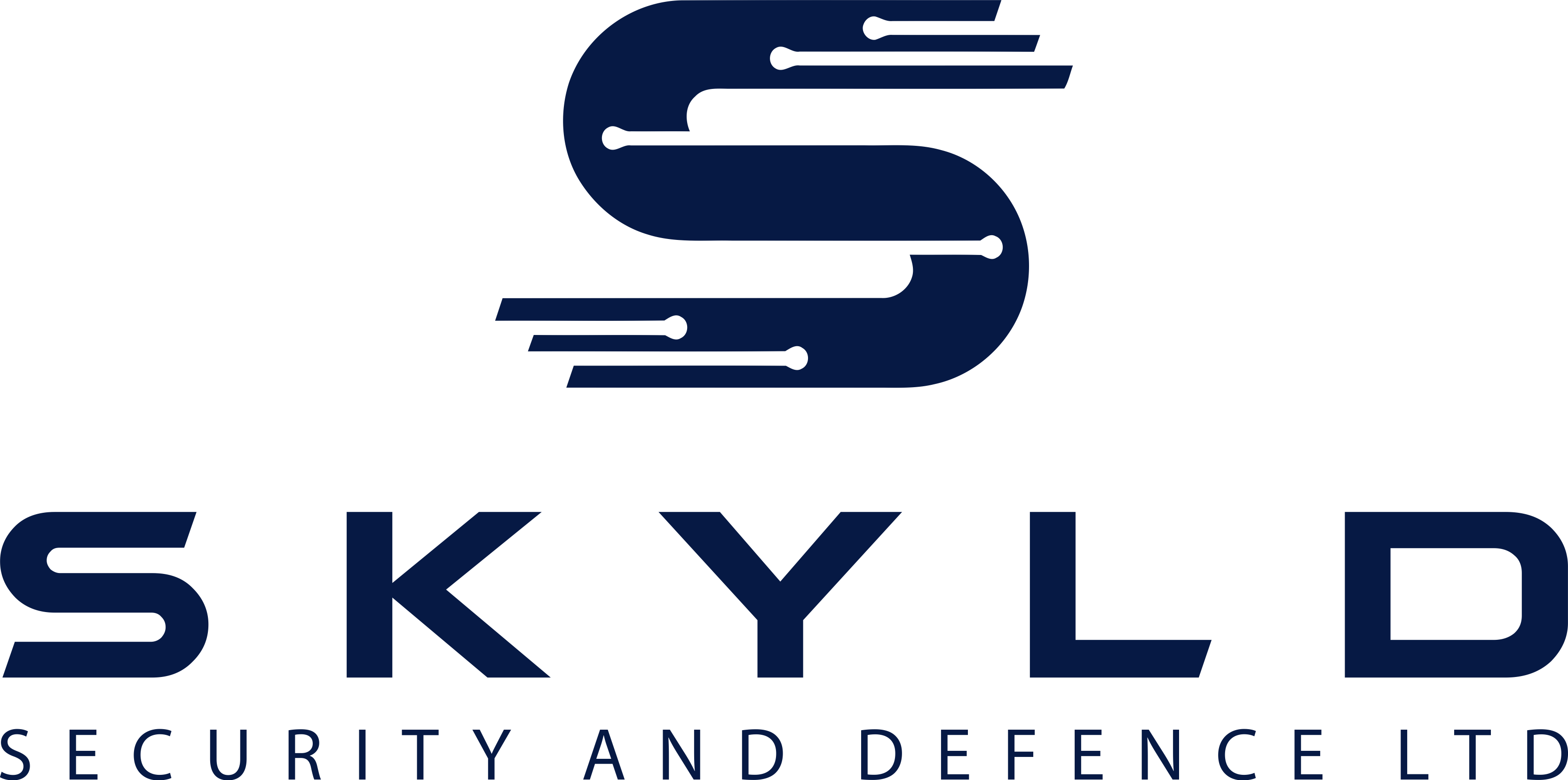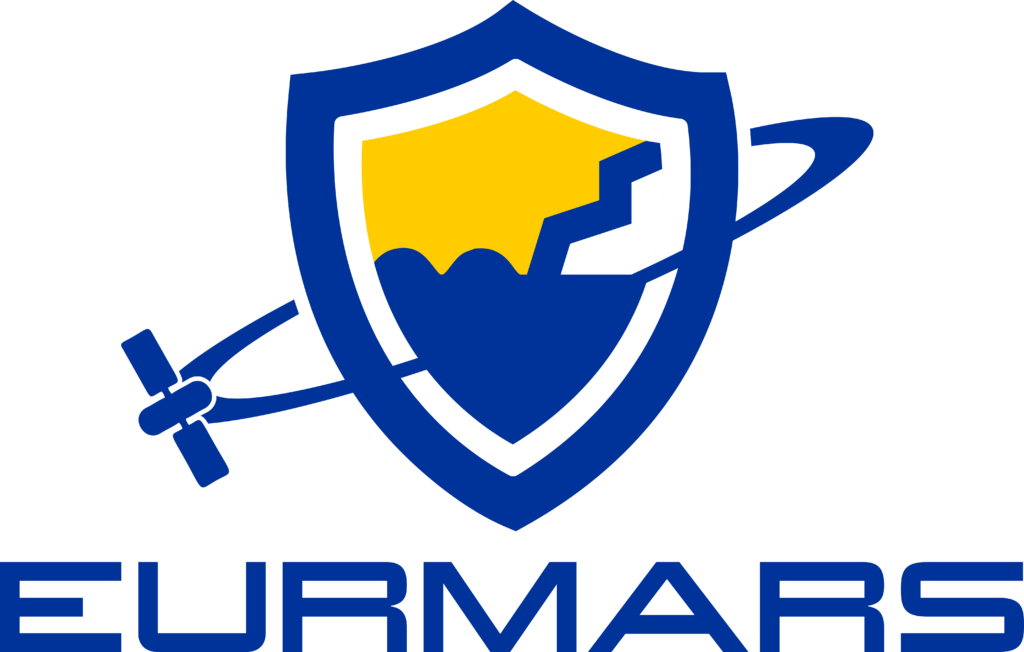Revolutionizing Maritime Security: EURMARS Project’s Cutting-Edge Coastal Surveillance System

Article by
SKYLD LTD
In response to the escalating challenges in maritime security within the European Union, the EURMARS project emerges as a groundbreaking initiative aimed at tackling complex threats such as human trafficking, and illegal activities like drug and arms trafficking. One of the components of the product/service to be offered by this visionary project, is the development of the Coastal Ground and Low Altitude Sensing Systems, a critical component in revolutionizing border surveillance, entrusted to SKYLD LTD an innovative Cypriot company.
Unraveling the Complexity of Maritime Security
The maritime domain faces an ever-evolving landscape of threats, necessitating a coordinated and technologically advanced approach. The EURMARS project aims to foster collaboration among national, regional, and EU-level authorities to enhance situational awareness and operational efficiency. The focus is on developing a secure multitasking surveillance platform that integrates high-altitude technology, satellite imagery, Uninhabited Vehicles (UxVs), and ground-based sensors for comprehensive border surveillance.

Skyld Ltd’s Contribution: Coastal Ground and Low Altitude Sensing Systems
This module is designed to generate reliable geo-referenced detections and tracking of ships, small vessels, persons, and vehicles in real-time under challenging maritime conditions. The UAV Platform utilizes airborne camera systems triggered by abnormal events detected by other sensors, verifying and confirming events during patrols.
Technical Specifications Unveiled
The intricate design of the Coastal Ground and Low Altitude Sensing Systems is a testament to Skyld Ltd’s commitment to innovation. The system incorporates:
- Camera Sub-Systems: Combining shortwave IR, UV, thermal, and RGB cameras with ROS2 software libraries for live/raw image processing.
- Vessel/Vehicle Classification Sub-System: Employs PyTorch for offline training on representative datasets, ensuring real-time classification using GPU technology.
- Behaviour Analysis/Anomaly Detection Sub-System: Developed in Python, leveraging MQTT message broker for seamless integration with other components.

Conclusion: A Paradigm Shift in Maritime Security
The EURMARS project, stands at the forefront of a paradigm shift in maritime security. The integration of cutting-edge technologies, AI-based systems, and collaborative frameworks signals a commitment to fortifying the EU’s borders against emerging threats. As the Coastal Ground and Low Altitude Sensing Systems take shape, the consortium moves closer to realizing a future where comprehensive surveillance ensures the safety and security of European waters. The visionary approach of EURMARS, is set to redefine the standards of maritime security in the years to come.
